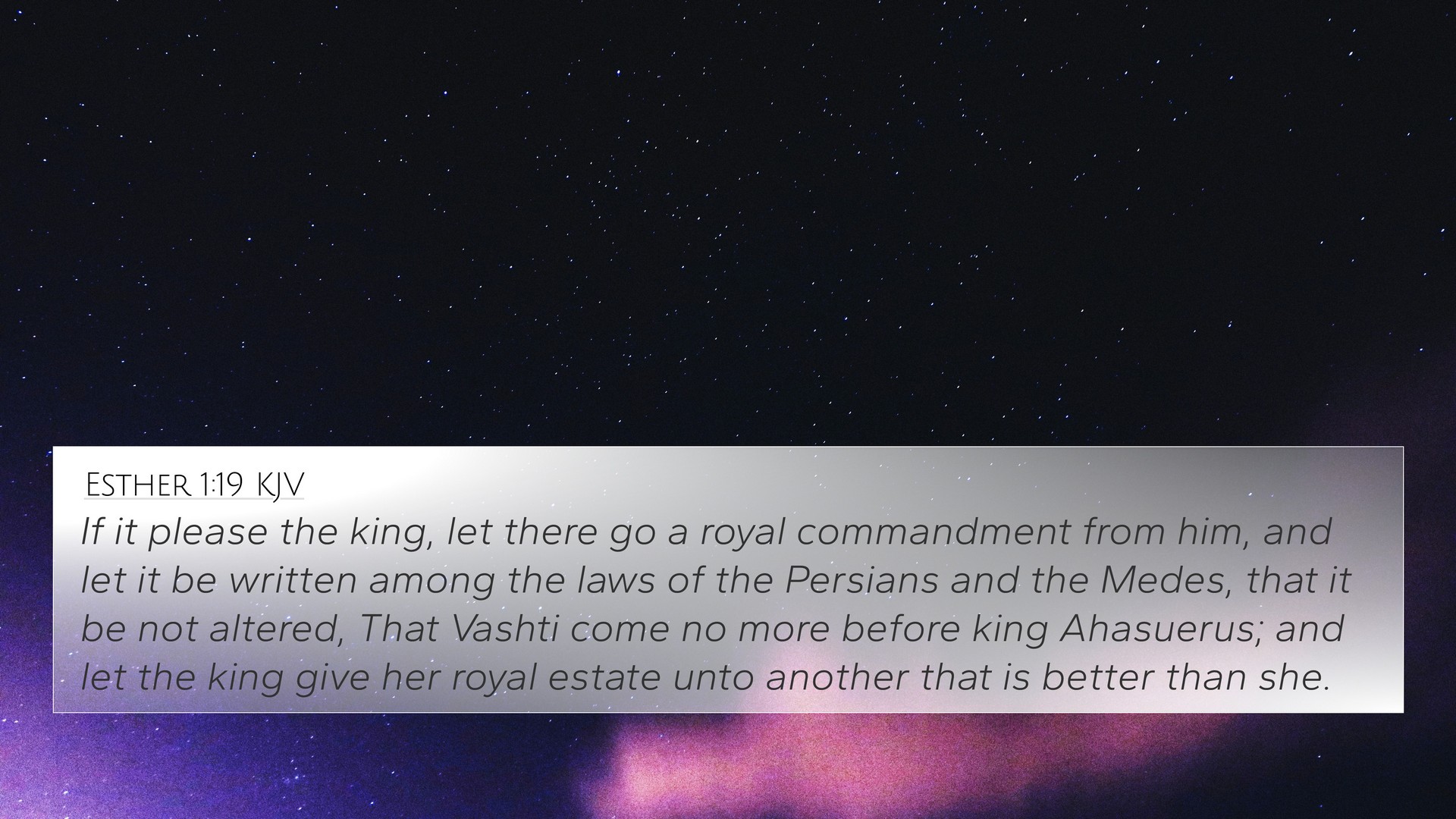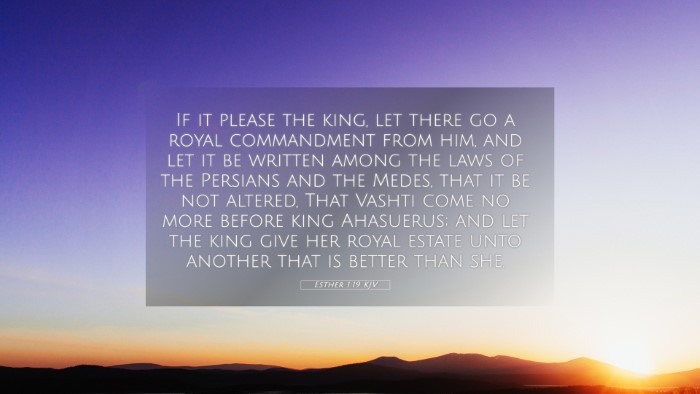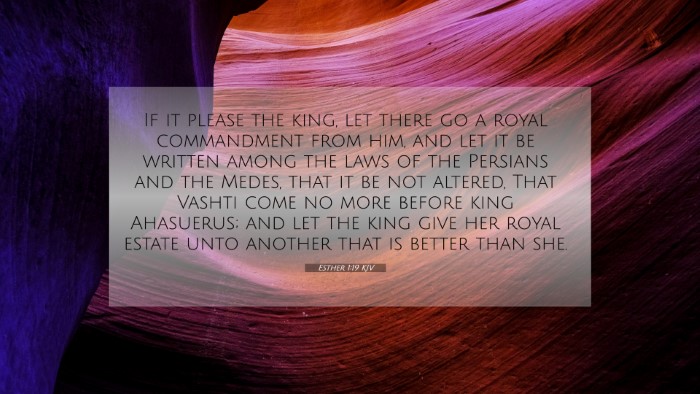Old Testament
Genesis Exodus Leviticus Numbers Deuteronomy Joshua Judges Ruth 1 Samuel 2 Samuel 1 Kings 2 Kings 1 Chronicles 2 Chronicles Ezra Nehemiah Esther Job Psalms Proverbs Ecclesiastes Song of Solomon Isaiah Jeremiah Lamentations Ezekiel Daniel Hosea Joel Amos Obadiah Jonah Micah Nahum Habakkuk Zephaniah Haggai Zechariah MalachiEsther 1:19 Similar Verses
Esther 1:19 Cross References
If it please the king, let there go a royal commandment from him, and let it be written among the laws of the Persians and the Medes, that it be not altered, That Vashti come no more before king Ahasuerus; and let the king give her royal estate unto another that is better than she.
Uncover the Rich Themes and Topics of This Bible Verse
Listed below are the Bible themes associated with Esther 1:19. We invite you to explore each theme to gain deeper insights into the Scriptures.
Esther 1:19 Cross Reference Verses
This section features a detailed cross-reference designed to enrich your understanding of the Scriptures. Below, you will find carefully selected verses that echo the themes and teachings related to Esther 1:19 KJV. Click on any image to explore detailed analyses of related Bible verses and uncover deeper theological insights.
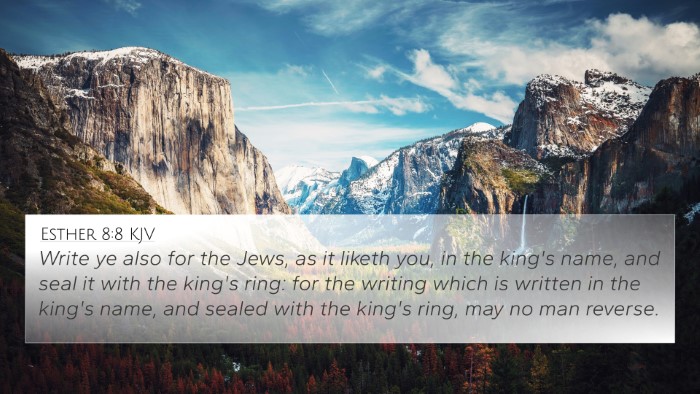
Esther 8:8 (KJV) »
Write ye also for the Jews, as it liketh you, in the king's name, and seal it with the king's ring: for the writing which is written in the king's name, and sealed with the king's ring, may no man reverse.

1 Samuel 15:28 (KJV) »
And Samuel said unto him, The LORD hath rent the kingdom of Israel from thee this day, and hath given it to a neighbor of thine, that is better than thou.
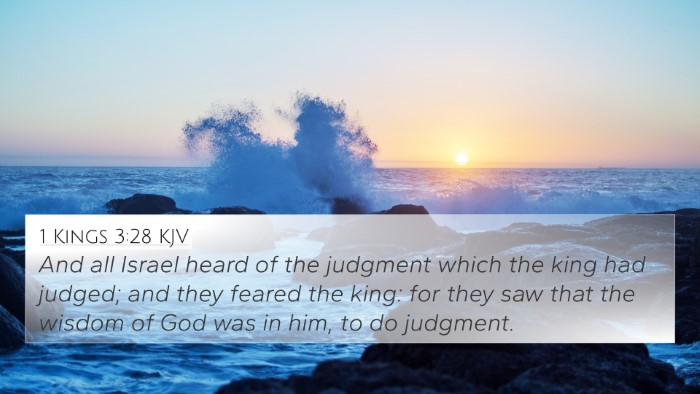
1 Kings 3:28 (KJV) »
And all Israel heard of the judgment which the king had judged; and they feared the king: for they saw that the wisdom of God was in him, to do judgment.
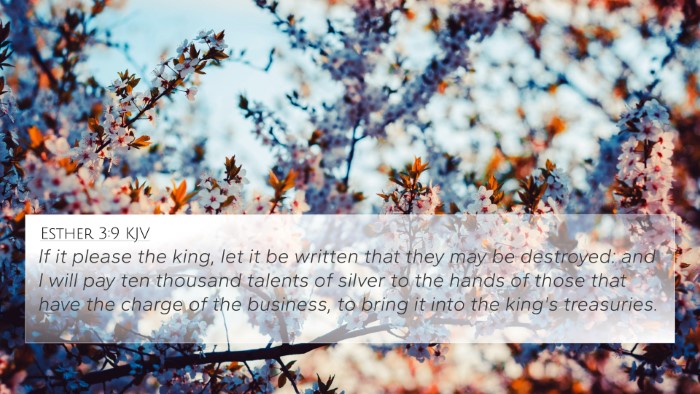
Esther 3:9 (KJV) »
If it please the king, let it be written that they may be destroyed: and I will pay ten thousand talents of silver to the hands of those that have the charge of the business, to bring it into the king's treasuries.
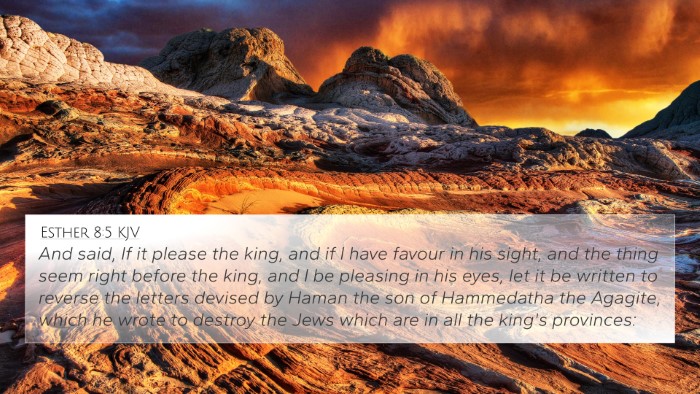
Esther 8:5 (KJV) »
And said, If it please the king, and if I have favour in his sight, and the thing seem right before the king, and I be pleasing in his eyes, let it be written to reverse the letters devised by Haman the son of Hammedatha the Agagite, which he wrote to destroy the Jews which are in all the king's provinces:
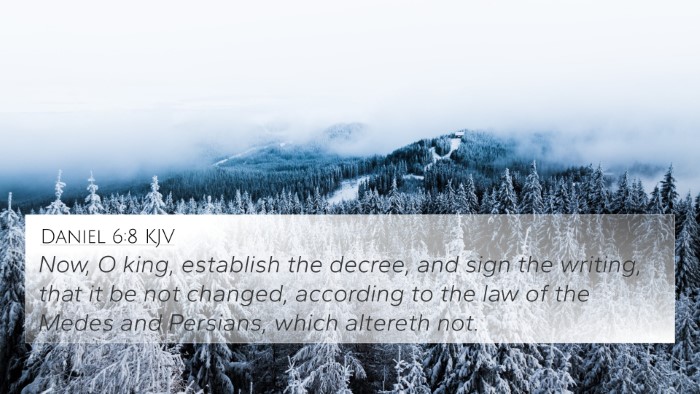
Daniel 6:8 (KJV) »
Now, O king, establish the decree, and sign the writing, that it be not changed, according to the law of the Medes and Persians, which altereth not.
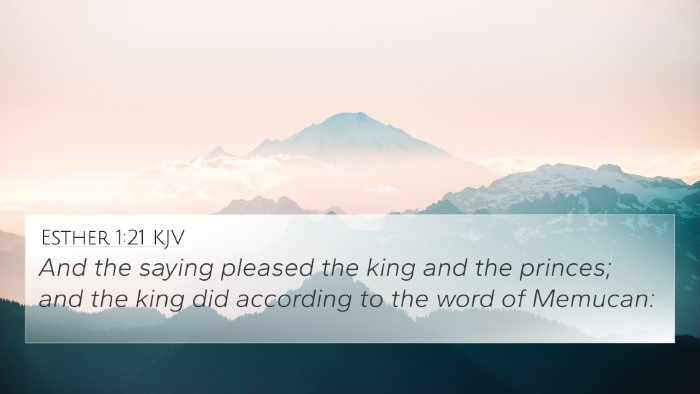
Esther 1:21 (KJV) »
And the saying pleased the king and the princes; and the king did according to the word of Memucan:
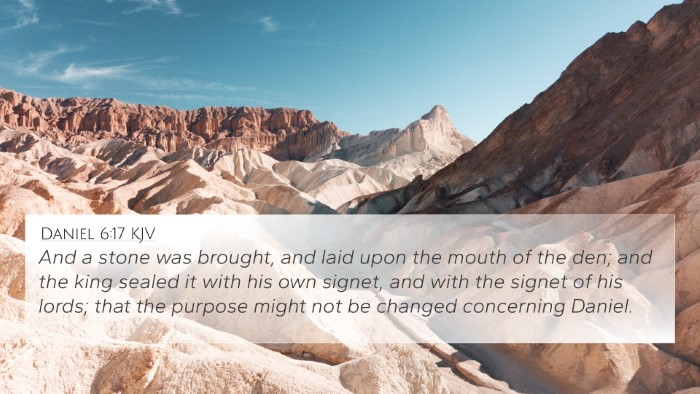
Daniel 6:17 (KJV) »
And a stone was brought, and laid upon the mouth of the den; and the king sealed it with his own signet, and with the signet of his lords; that the purpose might not be changed concerning Daniel.
Esther 1:19 Verse Analysis and Similar Verses
Understanding Esther 1:19
Esther 1:19 states: "If it please the king, let there go a royal commandment from him, and let it be written among the laws of the Persians and the Medes, that it be not altered, that Vashti come no more before King Ahasuerus; and let the king give her royal estate unto another that is better than she." This verse captures a pivotal moment in the Book of Esther, which conveys themes of authority, governance, and the consequences of personal decisions within royal protocol.
Contextual Overview
This verse occurs after Queen Vashti refuses to obey King Ahasuerus's command to display her beauty before his guests at a banquet. Her defiance raises questions about loyalty and the position of women in a patriarchal society.
Commentary Insights
Matthew Henry
Henry emphasizes the seriousness of the king's decree, noting how it reflects an important aspect of Persian law: once established, a law could not be changed. He underscores the finality of the king’s action towards Vashti, showcasing the power dynamics in the royal court.
Albert Barnes
Barnes elaborates on the implications of Vashti’s removal, observing how her refusal may have signified a greater challenge to the authority of the king. He discusses the cultural expectations of women in ancient Persia and how Vashti’s actions were both bold and potentially perilous.
Adam Clarke
Clarke highlights the cultural context, interpreting the decree as both a punishment and a means to ensure that the king's authority remains unchallenged. He reflects on how this incident sets the stage for Esther's rise to prominence.
Thematic Connections
The themes illustrated in Esther 1:19 resonate throughout the Bible, establishing links to concepts of authority, submission, and divine providence. These principles are echoed in several other scriptural passages.
Bible Verse Cross-References
- Proverbs 21:1: "The king's heart is in the hand of the Lord, as the rivers of water: he turneth it whithersoever he will." - This verse parallels the theme of divine sovereignty over earthly rulers.
- 1 Peter 3:1: "Likewise, ye wives, be in subjection to your own husbands; that, if any obey not the word, they also may without the word be won by the conversation of the wives." - Reflects the concept of marital submission that correlates with Vashti's defiance.
- Daniel 2:21: "And he changeth the times and the seasons: he removeth kings, and setteth up kings..." - A reflection of God's control over governance, similar to the outcome for Vashti.
- Esther 2:17: "And the king loved Esther above all the women..." - Links Esther's favor with the king to the consequences of Vashti's actions.
- Romans 13:1: "Let every soul be subject unto the higher powers. For there is no power but of God: the powers that be are ordained of God." - Emphasizes the divine establishment of authority.
- Ecclesiastes 8:2: "I counsel thee to keep the king's commandment, and that in regard of the oath of God." - Highlights the importance of adhering to royal decrees.
- James 4:10: "Humble yourselves in the sight of the Lord, and he shall lift you up." - This emphasizes the value of humility, a contrast to Vashti's prideful refusal.
Comparative Analysis
The dynamics of Esther 1:19 allow for a comparative study between Old Testament narratives and the teachings found in the New Testament. For instance, the respect for authority illustrated in Esther can be compared with New Testament exhortations to obey governmental authorities.
Linking Bible Scriptures
Connections can be made between the disobedience of Vashti and the instruction given to believers regarding authority. Moreover, this verse encourages deeper investigation into how the outcomes for those in positions of authority can pivot based on individual actions.
Tools for Bible Cross-Referencing
When studying the Bible, having reliable tools for cross-referencing can enhance understanding. A Bible concordance can help locate themes and verse relationships, while a cross-reference guide allows for systematic Bible study.
How to Use Bible Cross-References
Utilizing cross-references effectively involves examining thematic ties between verses, thereby uncovering underlying messages and teachings within Scripture. This method can illuminate the intricate web of biblical connections, offering rich insights.
Conclusion
Esther 1:19 serves as a pivotal teaching point about authority and governance, neatly tying into various other biblical truths. Through an understanding of this verse and its connections, readers are encouraged to reflect on the broader implications of divine authority and human interaction with it.
Final Thoughts
In exploring Esther 1:19, we delve into a narrative that not only reflects the customs of an ancient culture but also speaks to timeless truths that govern human conduct and the providential hand of God across history.
